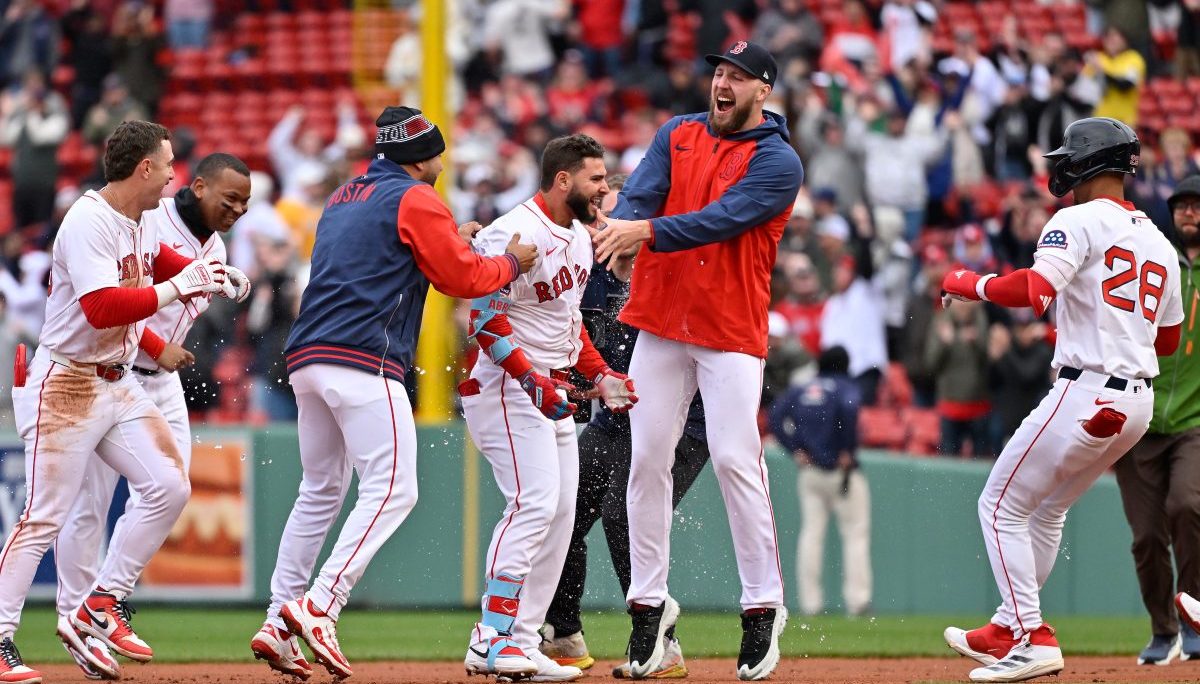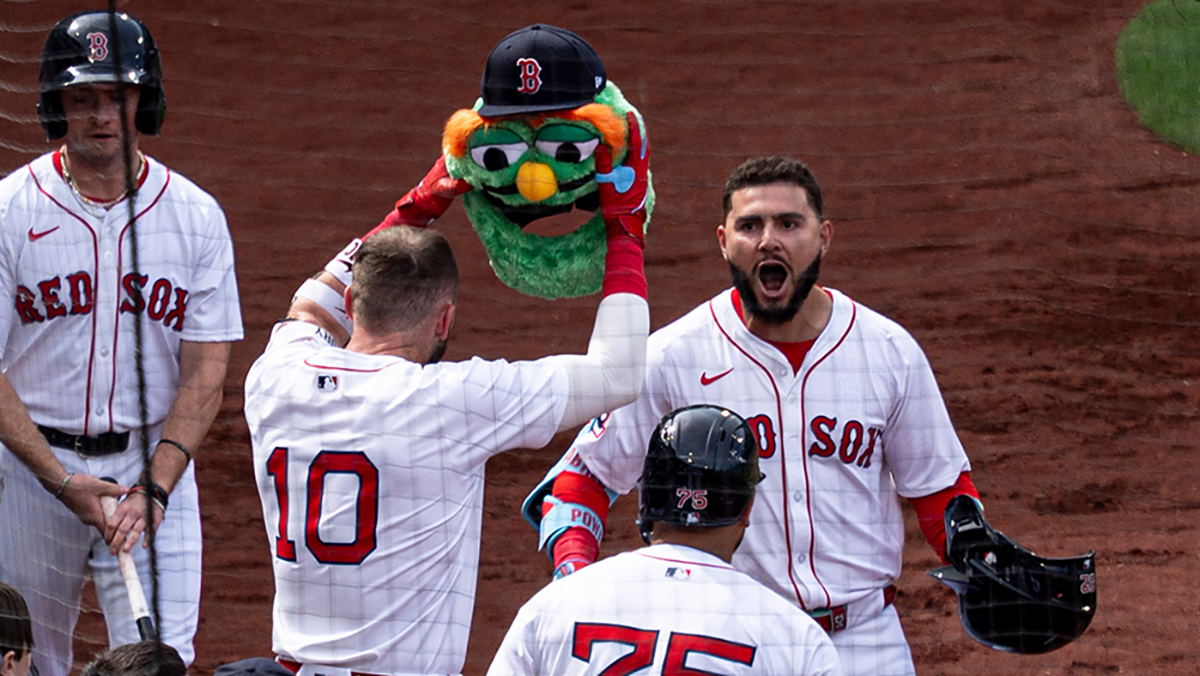
BOSTON -- Philosophical change? What philosophical change?
Dave Dombroski, the incoming president of Baseball Operations, would seem to represent a sea change when it comes to how the Red Sox operate. But principal owner John Henry and chairman Tom Werner insisted at Dombrowski's introductory press conference that such a characterization was needlessly simplistic.
While the Red Sox were one of the earliest adapters to the world of advance metrics and analytics -- chronicled in a Sports Illustrated story that detailed the team's computer software program (jokingly nicknamed "Carmine'') and countless other accounts over the last 15 years or so -- and Dombrowski is widely seen as a more traditional talent evaluator, the Sox insisted his hiring was not a shift.
"I think too much has been made of a 'sea change,' '' maintained Werner. "After all, our focus has always been about winning. We have used data as part of our tool box. But in the end, it's all about player evaluation and data and character . . . We've talked about it and we think there's a lot more in common that perhaps has been suggested.''
Henry, whose own business background has been defined by analytics and assessing risks, acknowledged that when the Red Sox ownership group met with Dombrowski last week at the owners meetings in Chicago, making sure that the Sox and Dombrowski shared the same basic views "was a central discussion.''
Still, beyond Dombrowski's past association with Henry in Miami when the the latter owned the Marlins, it does seem like a strange union.
In Dombrowski's time with the Detroit Tigers -- for whom he was GM and president for the last 14 years -- the organization had a reputation throughout the game as one which utilized advanced metrics less, not more, so much so that when Dombrowski was let go last month, his replacement, former assistant GM Al Avila, publicly acknowledged that the Tigers had "some catching up to do'' in terms of analytics.
Boston Red Sox
Find the latest Boston Red Sox news, highlights, analysis and more with NBC Sports Boston.
Dombrowski's limited use for analytics, in fact, was one of the reasons that it widely assumed that the Sox wouldn't be comfortable having him run their Baseball Operations department.
But Dombrowski, echoing some of the comments made by both Henry and Werner, said too much was being made over labels.
"We're in a spot in today's world (where the perception is) you're either analytical or not analytical,'' Dombrowski said. "I don't believe that at all. The reality is you use all the information you possibily can to come to the best decision that you can.
"So we didn't have as big an analytic department (in Detroit) as some other organizations do -- for various reasons. But I did have people in our office that would give you any analytics that you wanted to get.''
Further, Dombrowski added, the divide between teams who rely on more traditional evaluation methods and analytics isn't as wide as some perceive.
"When you're in my spot,'' he said, "what you do is, you combine all of this. You combine statistical information, your scouts' opinions, your own instincts about players, you find out about makeup of players, their work ethic -- and you make the best decision you possibly can. And if there's some edge that we can get from a statistical perspective, then you should use it.''
Perhaps Red Sox ownership is convinced that the team's reliance on analytics had led to many poor baseball decisions in past years, resulting in two last-place finishes in the last three years and another on the horizon.
Perhaps they were so won over by Dombrowski's track record of producing consistent winners that they were willing to overlook any philsophical differences -- or that any differences could be easily smoothed over.
But to deny that Dombrowski's hiring signals a change of direction is revisionist history at the very least -- if not outright disengenuous.


